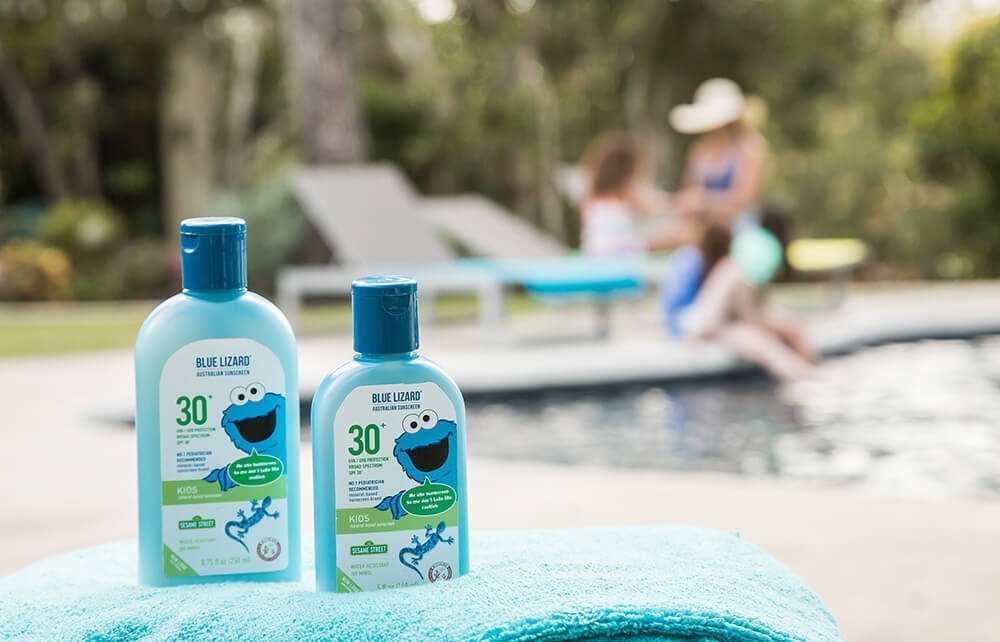That’s why it’s important to educate yourself on what makes a good sunscreen! It’s all well and good to read your labels, but sometimes those labels contain key phrases that we might not even know!
Fortunately, we’re here to help. Here are a few things that make up a great sunscreen (and a couple that you should avoid!)
Broad-Spectrum
All sunscreens are meant to give you some amount of ultraviolet ray protection, but what kind of UV rays are you getting protection from, specifically?
There are two kinds of UV radiation. Most, if not all sunscreens, aim to protect you from UVB radiation, which is the main contributor to sunburn, since that’s what sunscreen’s major function is. UVA radiation often slips under the radar, though, and if your exposure to it is left unchecked it could contribute to skin cancers like melanoma, and the worsening of wrinkles, sunspots, and other premature signs of aging.
In order to make sure you’re getting protected from both kinds of radiation, you’ll need a sunscreen that is described as “broad-spectrum” – which means it protects from both UVA and UVB rays. Check your labels!
Reef-Safe
Did you know? Some scientists estimate that nearly 60 million bottles’ worth of sunscreen chemicals enter coral reefs each year!
Your sunscreen is protecting you, but what effect is it having on the oceans around you? Marine life systems can see catastrophic damage from the introductions, especially the delicate coral reefs that endure a process called “bleaching” whenever they experience stress, ejecting their algae and retreating into the bones of the coral reef, leaving it looking a sickly white.
If you want to avoid contributing to this catastrophe, consider nixing sunscreens with Oxybenzone or Octinoxate, two chemical sunscreen ingredients that are believed to be culprits in damaging the coral reef. That way you know your sunscreen is protecting both you AND the environment.
Water Resistance
You want your sunscreen to last, right? What’s the point of a sunscreen that washes off as soon as you hit the water? For most sun lovers, the pool or the ocean will eventually be part of their plans, and they’ll need to stay protected even while under water.
That’s why you want to check to make sure your sun protection is water resistant, so you stay protected in and out of the water.
Picking the right sunscreen is as easy as keeping yourself educated! Knowing these key phrases – “broad spectrum”, “reef-safe”, “water resistant” – and what they mean ensures you’ll get the sun protection experience – and the vacation – you deserve!
Looking for a sunscreen that ticks all of these boxes? Here are a few of our best-sellers that meet these criteria to a T! https://bluelizardsunscreen.com/collections/spf-50

